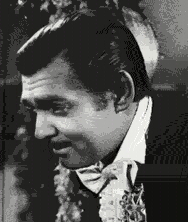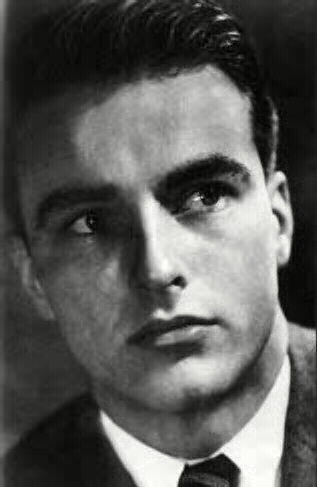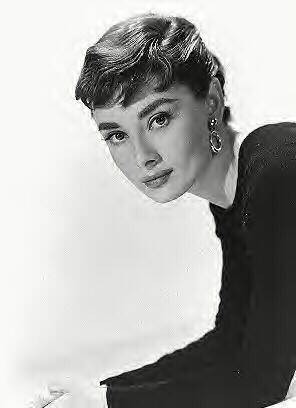Humphrey Bogart
INDUCTED: April 2000
Cecil B. DeMille
INDUCTED: March 2000
Buster Keaton
INDUCTED: February 2000
Alan Ladd
INDUCTED: January 2000
Ida Lupino
INDUCTED: December 1999
Bette Davis
INDUCTED: November 1999
William Holden
INDUCTED: October 1999
Henry Fonda

INDUCTED: September 1999
Barbara Stanwyck

INDUCTED: August 1999
John Ford

Laurence Olivier












